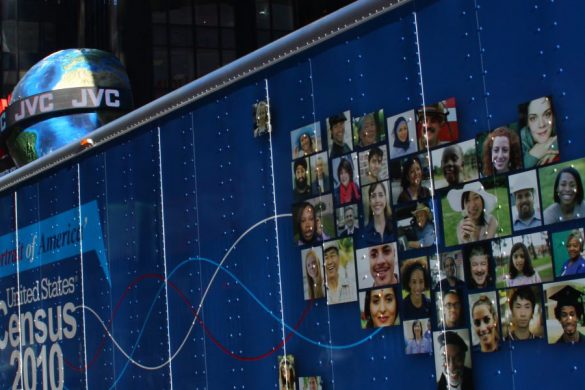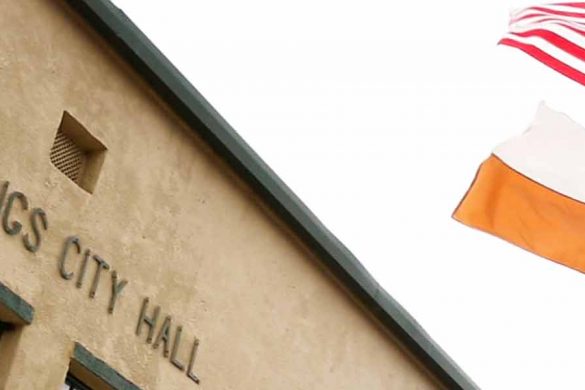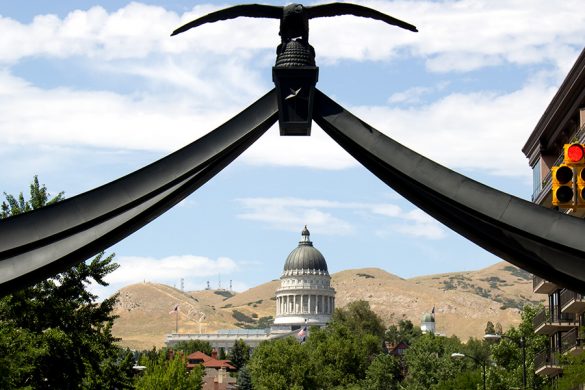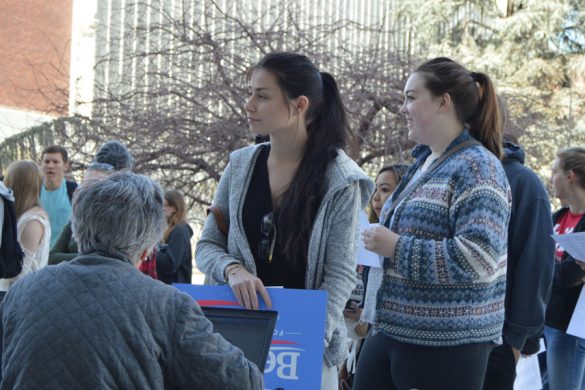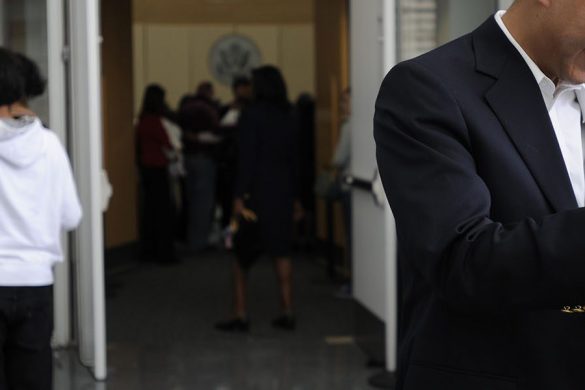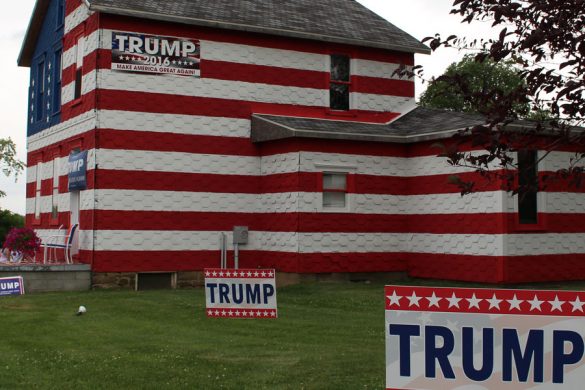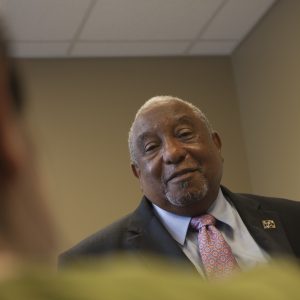
Bernard LaFayette (News21)
ATLANTA – By 22, Bernard LaFayette already had participated in the Freedom Rides, the Nashville lunch counter sit-ins and been jailed in multiple states for his protest efforts.
LaFayette and his roommate, now U.S. Congressman John Lewis, became leaders of the Student Nonviolent Coordinating Committee, a civil rights organization created by black students at colleges throughout the country.
In 1962, he went to Atlanta to receive a new job assignment at the group’s headquarters. LaFayette wanted to lead a project, not assist. And there was one place left: Selma, Alabama.
The committee advised LaFayette against the move, especially because the White Citizens’ Council and the Ku Klux Klan were active in the town, LaFayette told News21.
African-Americans who tried to register to vote often faced intimidation, and Alabama required citizens to take a literacy test to register to vote. In some counties, including Dallas County, members of the county board of registrars graded the tests. Often, African-Americans would take the test in Selma and find out the next day they failed because the board determined they were “unqualified” to vote, civil rights leaders told News21.
Still, LaFayette said he didn’t understand why the committee was so afraid of the small Alabama city.
“What is it that caused Selma to be so different?” he said. “This little place in Alabama that nobody had ever heard of before – they’re saying nothing can be done. The white folks are too mean. How are they meaner than other white folks?”
His first weeks in Selma were tough.
A white man attacked LaFayette outside of his home, LaFayette said. The man asked LaFayette for help after his car broke down. The man pushed LaFayette to the ground and hit him with a gun. LaFayette credits a neighbor who witnessed the attack for saving his life.
LaFayette said he was one of three civil rights activists targeted in a multistate conspiracy. While he and Louisiana activist Elton Cox lived, Medgar Evers, the NAACP Mississippi chapter’s executive field secretary, was shot and killed in Jackson, Mississippi.
After the attack, African-Americans in Selma were shocked, and they vowed to fight for civil rights. Local black church leaders banded together to encourage their congregations to register to vote. People began to go in larger groups to attempt to register.
Law enforcement officers repeatedly beat protesters with billy clubs and whips. People would volunteer to prevent African-Americans in Selma from registering to vote, according to historical accounts.
LaFayette began going into rural areas surrounding Selma and training illiterate sharecroppers for the literacy test. In Wilcox County, they passed – even though many of them couldn’t sign their own name.
After less than two years in Selma, LaFayette left to finish his degree and start a family with his wife. He came back many times to lead protests and organize rallies. In fact, LaFayette helped plan the 1965 march from Selma to Montgomery.
That same year, Congress passed the Voting Rights Act to protect disenfranchised voters.
“I’m very proud of what we have done so far. We have these impediments, and we have these knee-jerk things, but we have made some great progress in this country,” LaFayette said. “I don’t want to see us lose that.”
LaFayette, 76, is now the chairman of the Southern Christian Leadership Conference’s board of directors. He said he’s disappointed in the current state of voting rights in the country. While he places some of the blame on the U.S. Supreme Court’s decision to strike down a section of the Voting Rights Act that had required certain state and local governments to get all election laws pre-cleared by the U.S. Department of Justice, he said the Voting Rights Act was never strong enough.
He believes the act should have required jurisdictions to hold regular workshops or meetings to discuss the policies going through state legislatures or Congress. He said this could have prevented laws like Alabama’s voter identification law from taking effect.
“If you get the wrong people in the positions of power, you can go backwards just like you did during (the) reconstruction period,” he said.
LaFayette still insists that voting matters today, and it always will.
“Let’s hope that we learn that not only do we change laws, we try to change and put programs together and experiences together so that we can change the hearts of people,” LaFayette said. “If you change the hearts of people, then the laws can also be changed.”
Come back Aug. 20 to see the full News21 report on “Voting Wars.”
